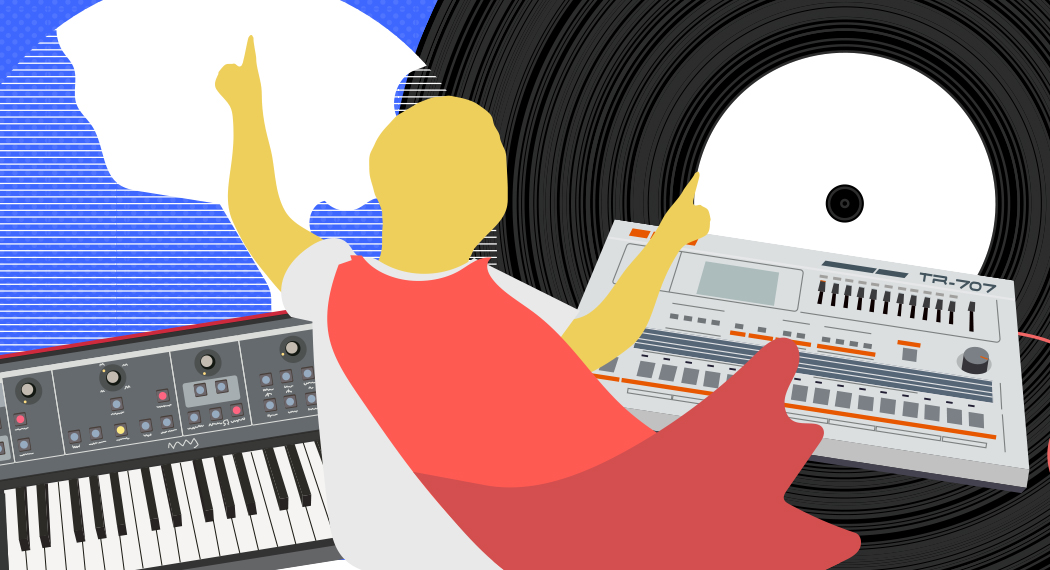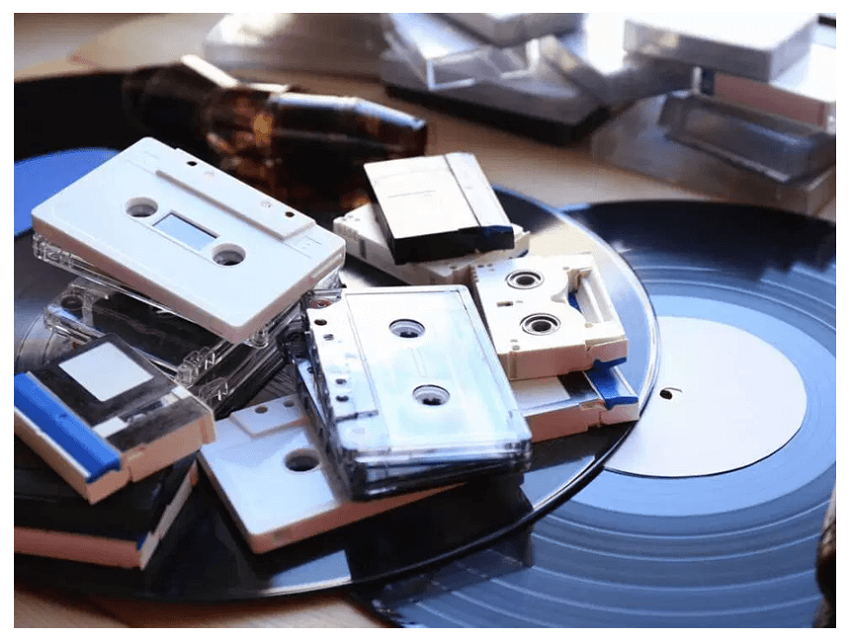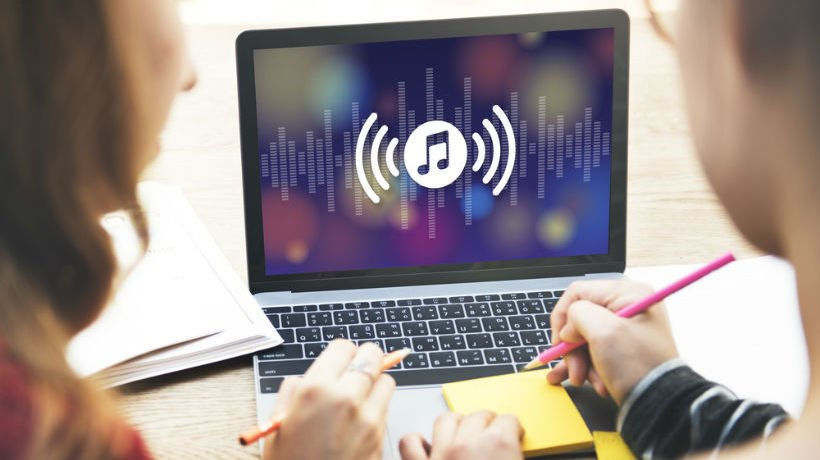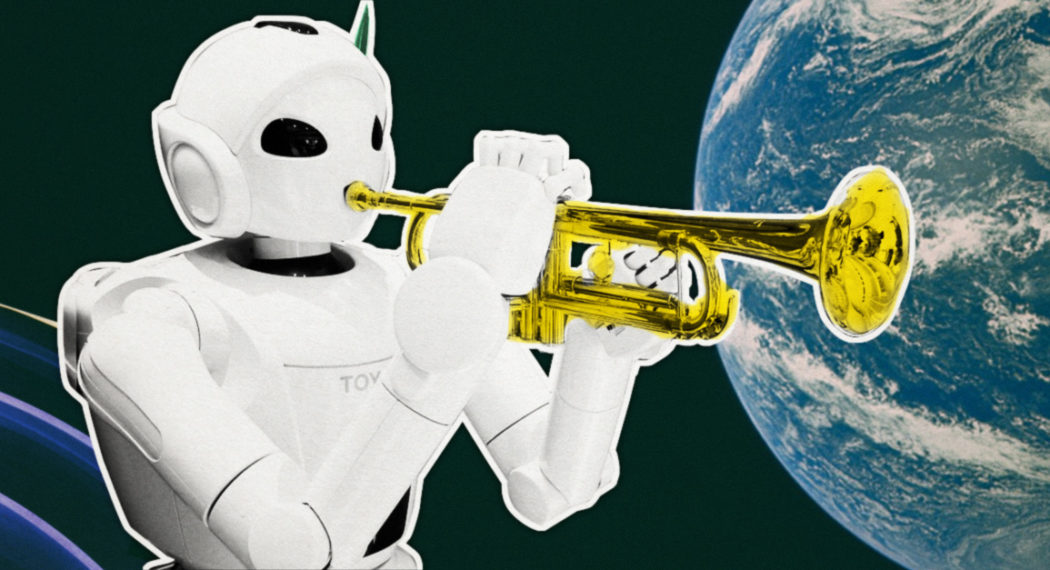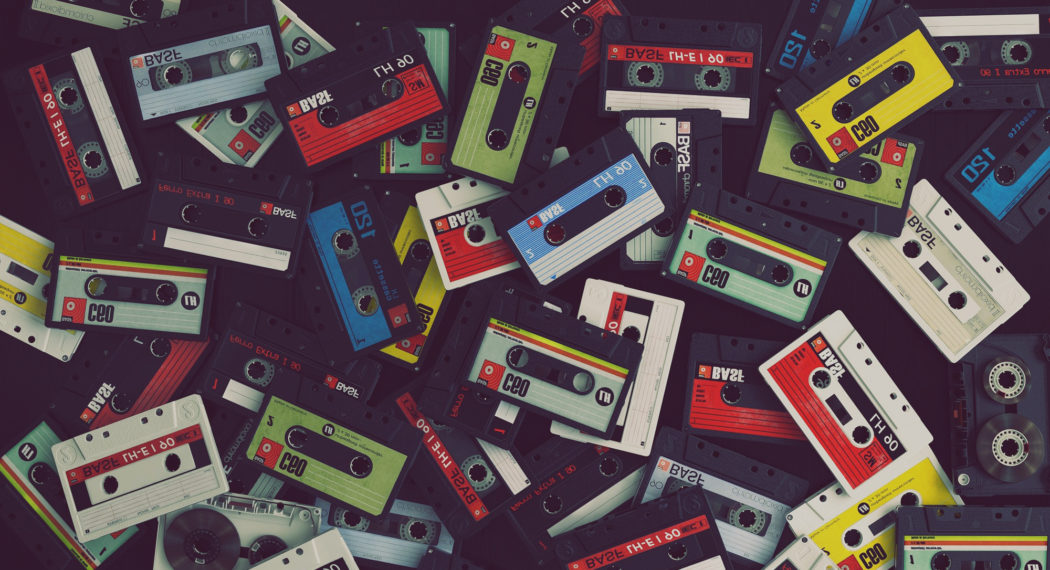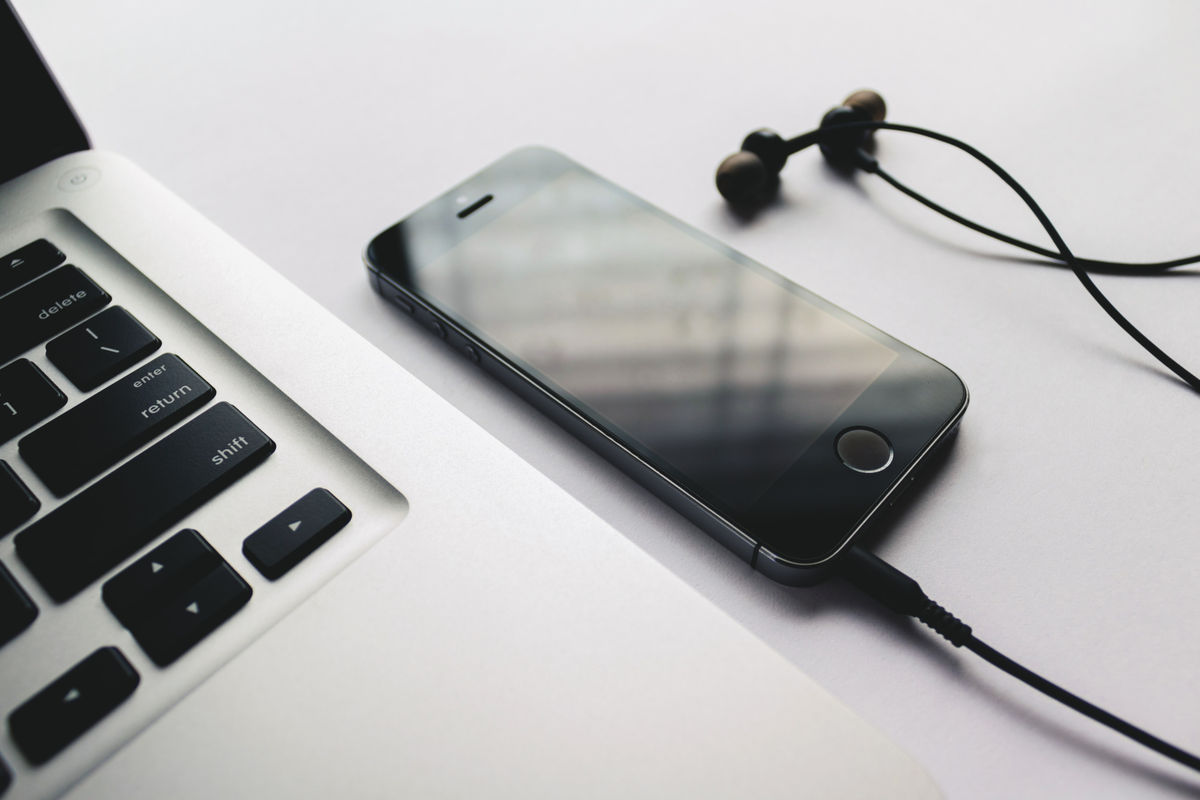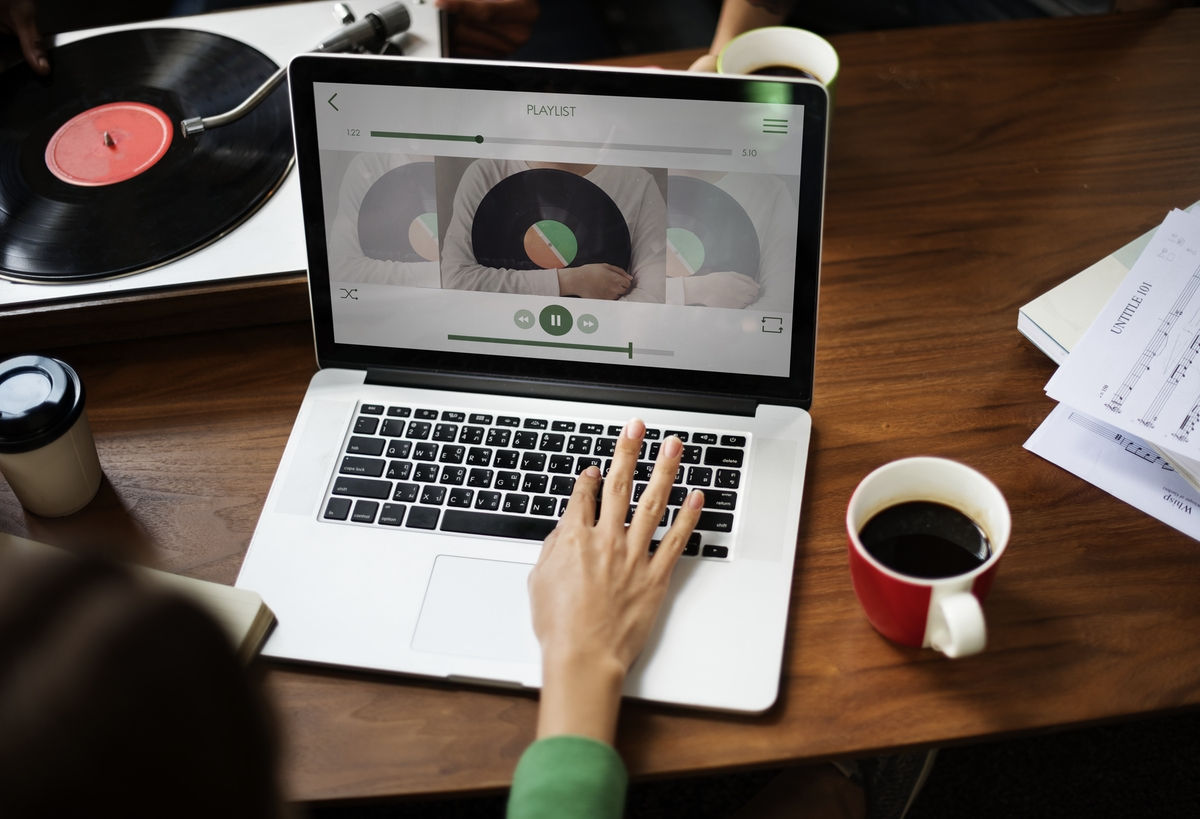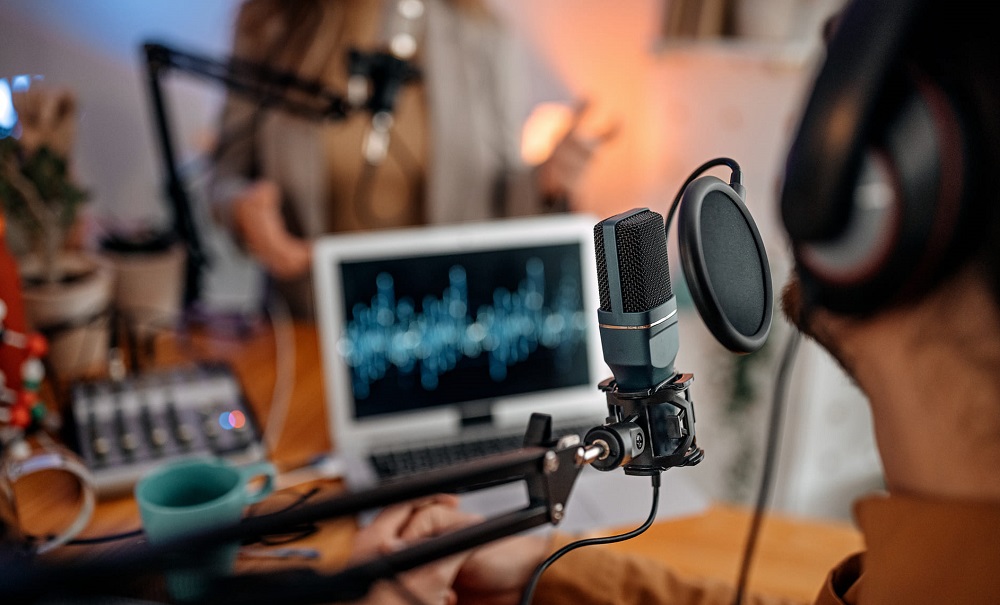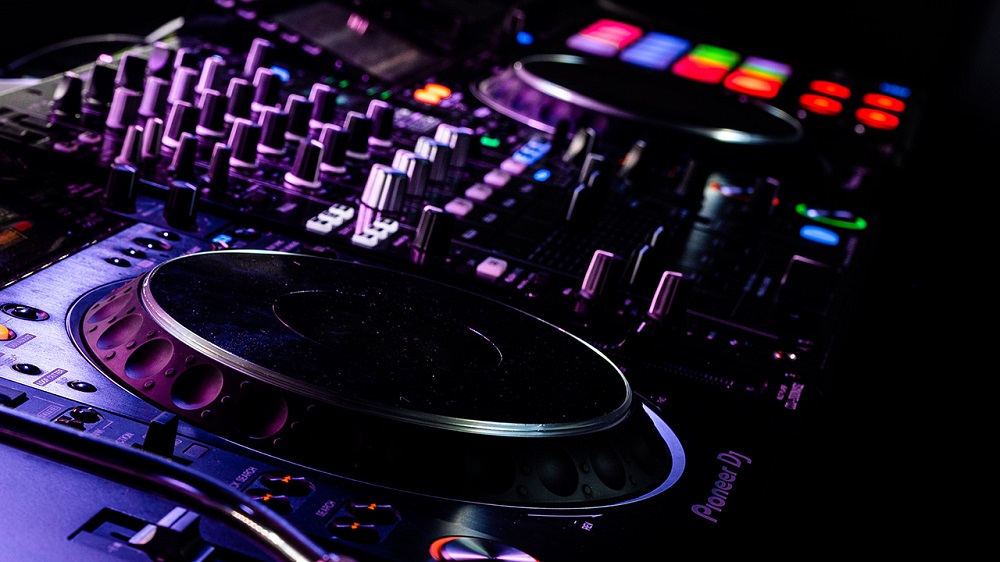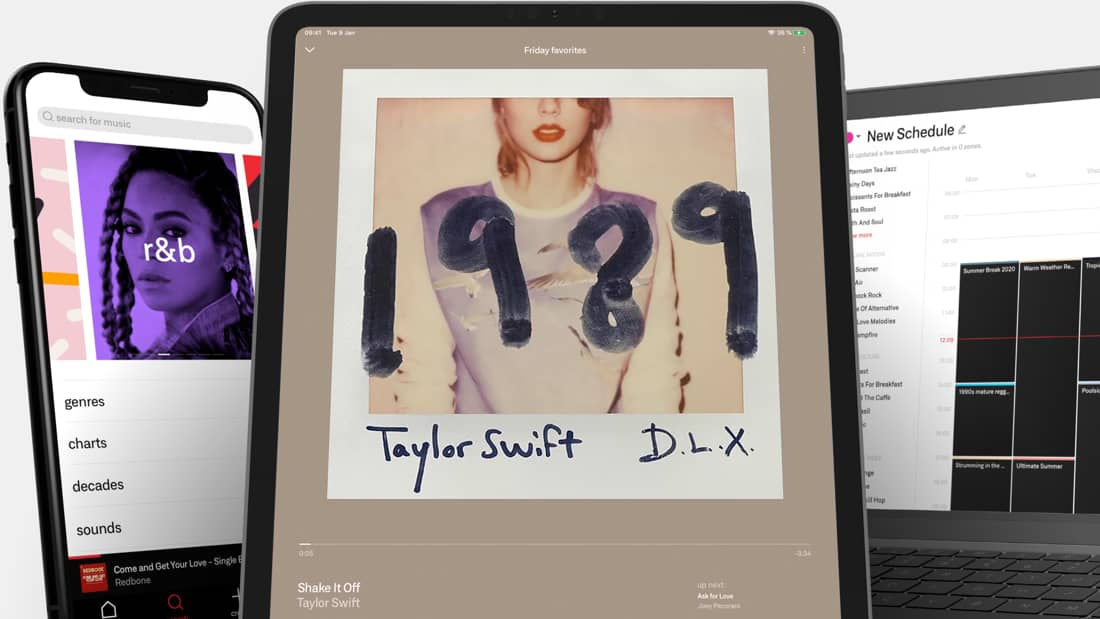Music Publishing Explained for Musicians?
Are you a songwriter, artist or producer looking to make extra money from your songs? We’d be surprised if you answered no to that! Of course, you can go it alone, but once you get to a certain point in your music career, you might want to get some help. This is where a music publisher comes in.
We asked Music Gateway to give us their advice when it comes to music publishers and what they do.
A GUIDE TO MUSIC PUBLISHING
WHAT DOES A MUSIC PUBLISHER DO?
Music publishers can help you earn money from your songs in a number of ways and will actively look for ways to use your music on your behalf.
The most common way that a publisher will use your music on your behalf is by licensing your tracks out to be used in the media, including TV, films and adverts. This is called synchronisation or ‘sync’. Your publisher will also be responsible for issuing the licenses and making sure you get a good deal.
Publishers generally charge on a commission basis, which usually works in your favour, as they’ll only receive income if you do. This gives them the incentive to secure you as much income as possible. The percentage that they take depends on your contract with them and you should always seek legal advice when negotiating an agreement.
Alternatively, another way some music publishers help artists is by finding people for you to collaborate with and co-write with or for.
Finally, a publisher’s role also includes collecting the income from uses and the licenses that they issued. They ensure that you get the money that is due to you and that what you receive is correct.
THE BENEFITS OF MUSIC PUBLISHING
Sync can be a useful form of income, offering you not only royalties but also an upfront fee, usually in the hundreds or thousands of pounds, as well as a decent amount of exposure.
Over the years, especially since Napster (I’m sure you know that story) sync has become more and more important for artists, so it’s worth looking into. Sync usually involves signing to a publisher and/or record label.
In addition to sync deals, by collaborating and co-writing you will be able to add more songs to you repertoire, particularly ones that are perhaps slightly different from your usual style. This can be beneficial as it gives you a more varied catalogue, opening you up to more opportunities.
There is also the direct benefit you get from it, which is not just in songwriting but any form of collaboration that is cross promotion. If you collaborate, then you’re exposing yourself to your partner’s audience, which should get you more fans.
COPYRIGHT AND PUBLISHERS
The role of the Publisher is based on copyright, which is the rights that you have for your music.
Copyright is split into two main sections: copyright in the song (known as publishing rights) and copyright in the sound recording (known as master rights). The publisher only deals with the publishing right, which is the songwriting side and includes the music and lyrics.
Traditionally, a record label will own the master right, which is basically the right to use a particular recording of that song, but if you’re a self-releasing artist or producer then you will most likely own this right yourself.
In a publishing agreement, you will generally assign the publisher your publishing copyright, to use and license your songs on your behalf. This means you are no longer allowed to do this yourself.
DO IT YOURSELF
If you’re not ready for a publisher or if you’re not interested in assigning your rights, you can do it yourself or find other platforms to help you. Music Gateway is a platform that allows you to store music and files, find people to collaborate with through projects and also find sync deals. Find out more about Music Gateway and how you can use it to represent yourself here.

